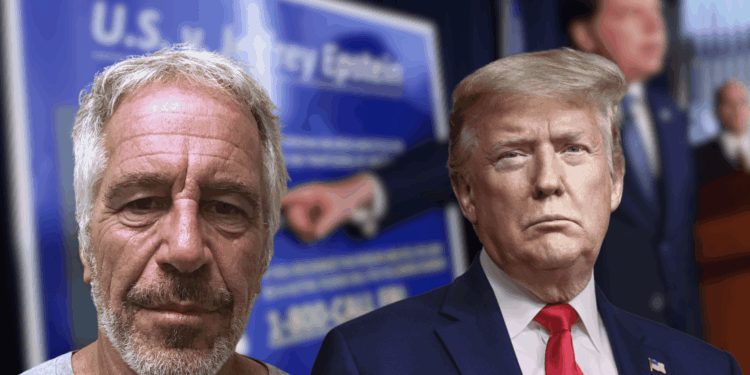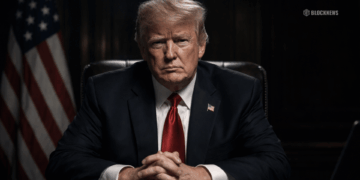- DOJ and FBI confirm Jeffrey Epstein died by suicide and found no evidence of a “client list” or blackmail of powerful individuals.
- Investigators reaffirm there’s no credible basis for new charges, despite Epstein’s abuse of over 1,000 victims.
- The review dismissed political rumors and clarified the nature of unreleased materials, citing graphic content and privacy concerns.
The Justice Department and FBI have released a long-anticipated memo concluding their joint review of the Jeffrey Epstein investigation, stating definitively that there is no “client list”, no evidence of blackmail involving powerful individuals, and no foul play in Epstein’s 2019 death while in federal custody. The findings are already stirring new controversy among those who long believed there was more beneath the surface.
Epstein Died by Suicide, Memo Says
According to the two-page memo, video evidence confirmed Epstein was locked alone in his Manhattan cell, with no unauthorized entries into the tier during the time of his death. The review, conducted in the wake of years-long speculation and conspiracy theories, reaffirms the conclusion that Epstein died by suicide. The Justice Department’s internal watchdog and the FBI say no new evidence emerged to support the idea of homicide or institutional cover-up.
No Blackmail Ring, No Hidden “Client List”
Investigators were blunt: there is no secret “client list” and no credible evidence that Epstein used blackmail to trap prominent individuals. This directly contradicts claims made by former Attorney General Pam Bondi, who previously told Fox News a client list “was on her desk.” The White House later clarified that Bondi’s statement referred to the broader collection of Epstein-related paperwork.
While the FBI confirmed more than 1,000 victims were harmed by Epstein’s actions, they also stated they uncovered nothing that could “predicate any investigation against uncharged third parties.” This dampens the hope that any high-profile names would face scrutiny unless new evidence arises.
Social Media Drama and Political Fallout
In February, a group of conservative influencers were handed binders labeled “The Epstein Files: Phase 1” during a White House visit. The documents, however, turned out to contain mostly already-public information. Following a spat between Elon Musk and President Trump, Musk claimed the administration was suppressing Epstein-related files to protect Trump. The president strongly denied this, calling any connection “old news” and maintaining he had severed ties with Epstein nearly two decades ago.
White House Press Secretary Karoline Leavitt defended the administration’s handling of the review, emphasizing transparency and the graphic nature of some withheld material, which allegedly included child pornography. “That’s not appropriate for public consumption,” she said.
Final Thoughts
While the Justice Department’s memo aims to put an end to years of speculation, for many, questions still linger. Whether due to distrust in institutions or the gravity of Epstein’s crimes, the public appetite for full transparency remains high. But unless new evidence emerges, this memo may be the final word from federal investigators on the Epstein saga.














